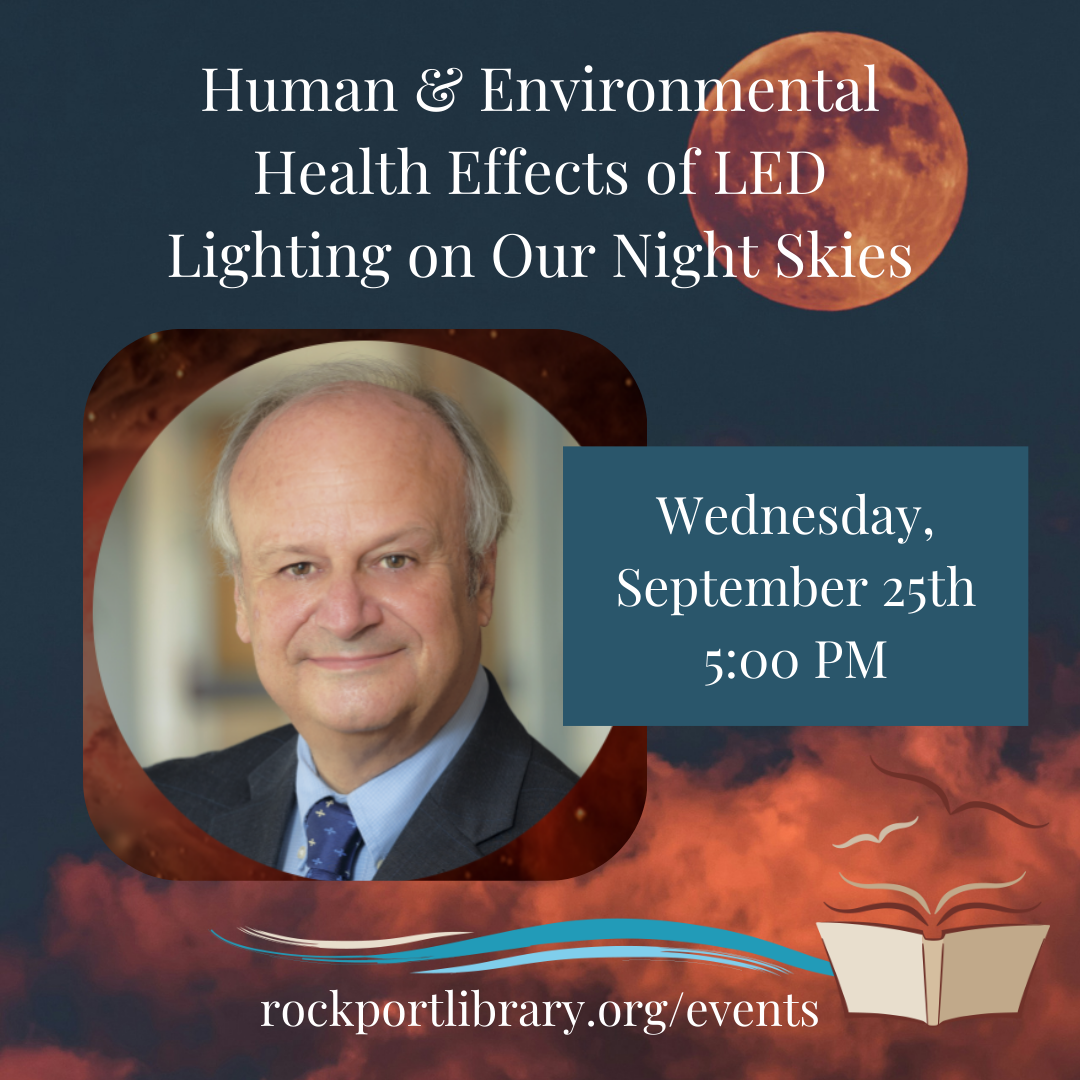
Climate Preparedness Week – Sept 24-30, 2024: A Time to Focus on the Intricate Connection of the Built & Natural Environment
It’s 5 days until Climate Preparedness Week! Do you feel equipped with the resources and capacity to prepare for and respond to local climate changes equitably, sustainably, and collaboratively?
Educating yourself on the scientific evidence and warnings for our future is the first step in creating positive change.
As a coastal community with our own seawall structural issues to address, many Cape Ann community members attended the screenings at the library of Inundation District, a film about the implications of one city’s decision to ignore the threats posed by climate change and spend billions of dollars building a new waterfront district.
But have you stopped to consider how these major changes in the climate will affect the quality of the air you breathe, the habitats of wildlife in your neighborhood, or your overall well-being?
Led by the Climate CREW, next week is the annual #ClimatePreparednessWeek, a time to focus on this intersection of the natural and built environment and how they are intricately connected. Raising awareness and bringing attention to how changes to one can have far-reaching consequences for the other is the aim of this week ahead.
LED lighting and the pollution it is creating in the natural world is one example of the ripple effect of our built environments. Did you know that light pollution is making the night sky brighter, erasing stars and reducing the ability to see the natural night sky? Astronomers have even coined the term “noctalgia” to describe the pain of losing access to the night sky.
Light pollution is a major contributor to climate change and has many negative effects on our globe as a whole. When we think of energy consumption for example, cars and trucks may come to mind as major contributors to carbon emissions each year. However, lighting is responsible for nearly two billion tons of carbon emissions per year, almost as much as the emissions of all the cars and small trucks in the world. Light pollution also effects our wildlife; it disorients underwater creatures like sea turtles, confuses insects, and causes birds to crash into (the now) brightly lit windows.
Well-known for his homemade telescope and observatory, Dr. Motta’s reports on outdoor lighting have led to a revolution in the lighting industry. Although there are strong economic and climate-related arguments for the use of LEDs in street lighting around the world, some LED lighting produces excess blue emission, which is harmful to both human health and the environment.
And how does this have an effect on you and your family? Blue light at night is suppresses production of melatonin, which ultimately can cause suppression of immune system functionality.
Now is the time to recognize how this built environment of infrastructure, buildings, and the services we use, affects our ecosystems and our planet as a whole. The library invites you to take the time and join us next week for a presentation on our dark skies to learn about how you can effect positive change. Changes that help counterbalance these imminent consequences of our built environments, and in ways that align with the overall health of our globe and its inhabitants.
On Wednesday, September 25 at 5:00 PM in the Brenner Room, Dr. Mario Motta joins us to present on the human and environmental health effects of LED lighting. Join us to learn how LED lighting effects our night skies and has a ripple effect on our personal health. In this presentation, Motta will show the many ways excess nighttime lighting, especially overly blue lighting, causes a number of detrimental human health effects as well as damage to the environment. Dr. Motta will also discuss reports from the AMA and the UN councils (he was on) that advise how to properly light the nighttime without these ill effects.
To register for this event visit: www.rockportlibrary.org/events.
For more information about Dr. Mario Motta visit: www.mariomottamd.com.
To learn more about Climate Preparedness and how you can help visit: www.climatecrew.org.

#ClimatePreparedness #DarkNightSkies #BecomeAware #LearnHowToHelp #RockportPublicLibrary